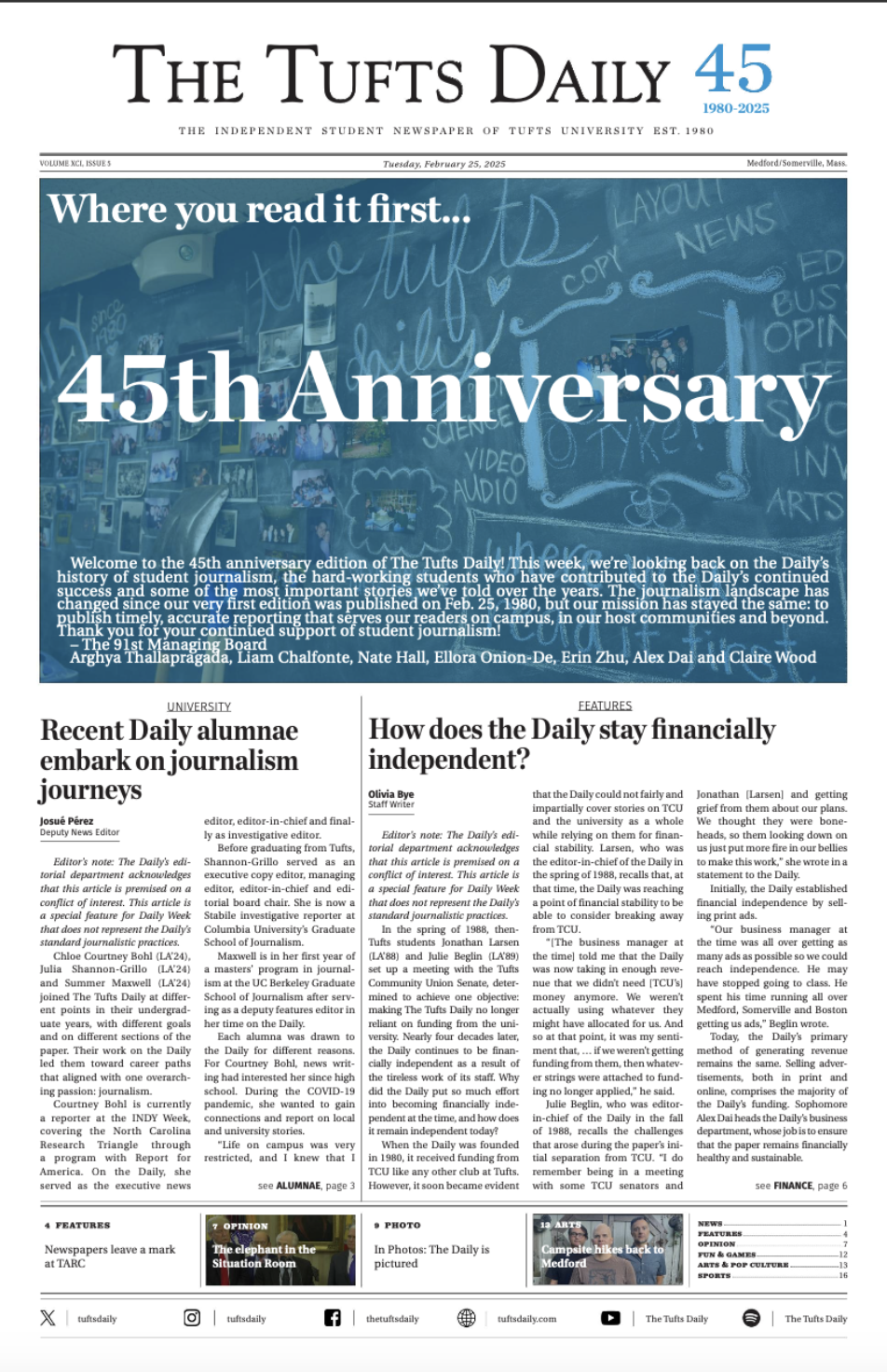We’re lucky enough to be offered discounted T passes through the university, so if you want to have unrestricted access to the T for a semester, I’d encourage you to check that out. However, you might want to make sure you ride the T enough to justify the price tag.
But things could be much nicer. What if you could use your student ID just like a CharlieCard? And what if, instead of having to pay for it separately, it came with your tuition and fees?
The MBTA first unveiled its university pass program in 2019 and began offering it that fall semester. It basically allows for a system in which T passes are loaded onto every student’s ID card, granting them unlimited transit access across the MBTA network. The university would be billed for rides taken at the end of every month. This is a big change from the LinkPass system, which levies a flat fee of $90 per month. This allows the program a lot more flexibility. Obviously, it would cost a bit more for the university and, potentially, the students during months of heavy transit usage, but it would also save a lot of money during months of lower usage, like January and December, when students are away for long periods of time.
That part is what the T controls; the program notably leaves a lot of room for universities to pass on costs to students. Universities can either subsidize the costs or cover them via extra fees. The only thing they cannot do is charge students individually per ride.
This could be pretty cool! It's a great way to get kids who are commuting via bus or train to school and back, and it’s a great way to get kids living near campus out into town and spending money. On top of that, by centralizing costs, the program saves universities and students — depending on how much of the cost the university actually passes on to students — a lot of money.
If the university passes on all of the costs to students through some kind of fee scheme, then it provides a decent transit discount for some. Ultimately, what would likely emerge is a system where the people riding the T the least — presumably those who take the T for recreation every once in a while — subsidize those taking the T the most: commuters. It would end up being pretty progressive.
Conversely, if the university just swallowed the cost — though who knows how much the cost would be, accounting for induced demand and such — the effects could be pretty transformative. You could induce a whole new wave of Tufts students going out and spending money along the Red — and soon Green — Line in addition to the bus routes along Tufts’ campus. This would be a big boom for local businesses, and there would be a lot of fun to be had for Tufts students without the burden of a car. Tony Monaco, if you’re reading this, give the university pass program a look.





